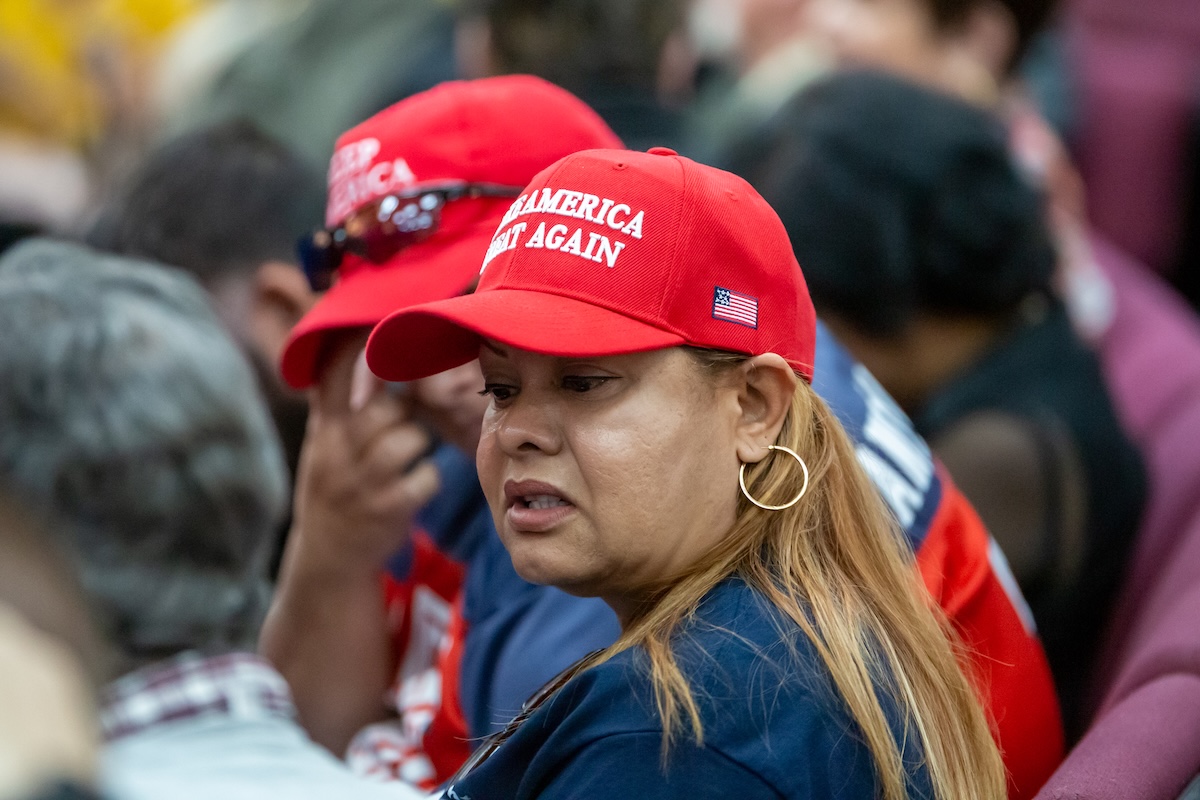
Trump’s trade war rages on, and one of the country’s top economists isn’t holding back.
President Trump’s tariff agenda will go down as the “biggest policy mistake in 95 years,” says Wharton finance professor Jeremy Siegel. But that’s not even the worst part.
In a recent interview, Siegel called out Republicans for what he described as blatant hypocrisy in backing Trump’s tariffs, a policy that runs counter to the party’s own stated values.
He pointed to the Senate Republicans’ website, which includes a section on tariffs describing the Smoot-Hawley Tariff of 1930 as “among the most catastrophic acts in congressional history.”
According to that same page, President Hoover ignored the warnings of over 1,000 economists who opposed the measure.
“The results were so disastrous,” Siegel said. In fact, so disastrous “that the American public voted the Republicans out of the House, Senate, and the presidency two years later.”
“To be fair, the Fed screwed up badly afterwards as the economy sunk as a result of this and they are not going to do that again because they’ve learned that lesson. I don’t know why Trump didn’t learn the lesson,” he added.
Siegel says Trump has not only ignored history’s warning signs but has also weaponized tariffs to go after America’s largest trading partners.
Trade war escalates after 'Liberation Day'
Trump’s so-called “Liberation Day” tariffs caught markets off guard, imposing duties ranging from 10% to 50% on America’s top trading partners.
In the days leading up to the April 2 announcement, investors had grown confident the administration would settle on a flat 10% rate. While that may still be the eventual target, the path to get there looks increasingly chaotic.
In China’s case, there’s no guarantee a full-blown trade war can be avoided.
On Tuesday, Trump signed an executive order imposing a sweeping 104% tariff on Chinese goods. Beijing fired back immediately with 84% tariffs on U.S. imports and issued a sharp statement.
By Wednesday, Trump responded again with a 125% levy on Chinese imports.
“The U.S.’s practice of escalating tariffs on China is a mistake on top of a mistake,” China’s finance ministry said, urging the administration to “properly resolve differences [...] through equal dialogue on the basis of mutual respect.”
So far, the White House has shown little interest in negotiating, except for temporarily pausing tariffs above 10% for trading partners other than China.
Economic adviser Kevin Hassett confirmed Trump has instructed trade officials to prioritize deals with allies like Japan and Korea before turning back to Beijing.
Your email address will not be published. Required fields are markedmarked